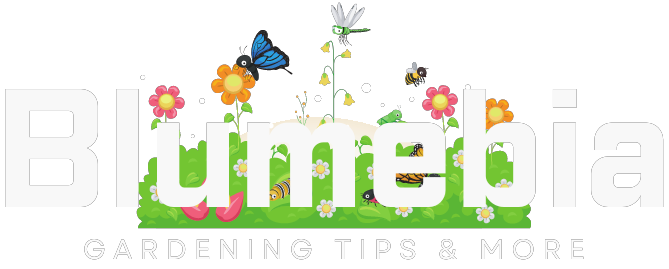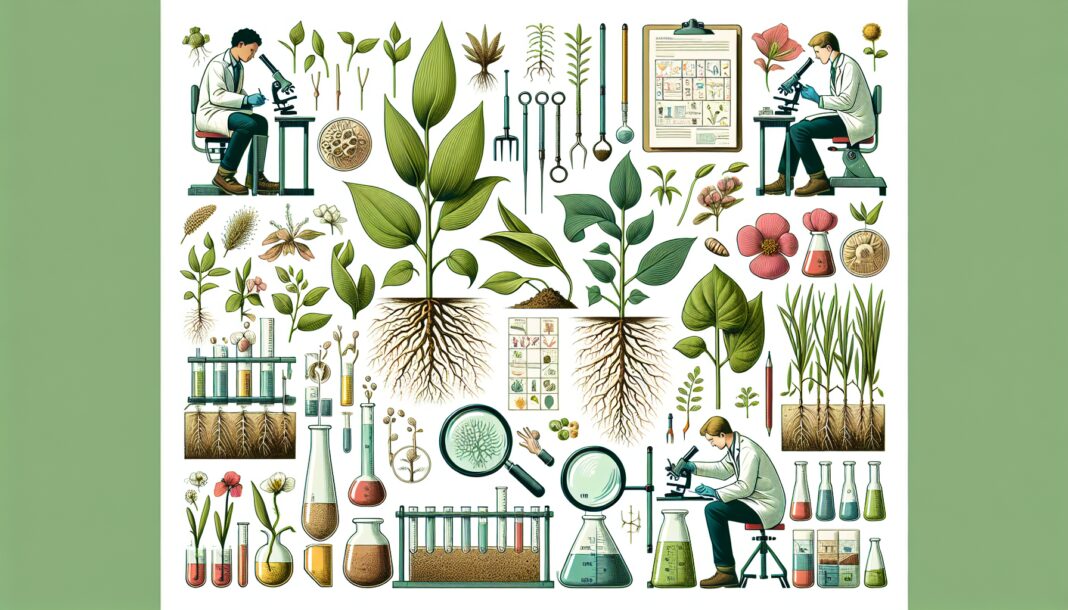Introduction to plant methodology is essential for understanding how plants grow, adapt, and thrive in different environments. Studies show that optimizing plant growth techniques can increase crop yields by up to 50%, ensuring sustainable food production.
This methodology covers core principles such as soil science, propagation, irrigation, and disease management, all crucial for maximizing plant health. Whether for agriculture, gardening, or ecological restoration, mastering these methods leads to improved efficiency and stronger plants.
Exploring plant methodology provides valuable insights into plant behavior, ultimately benefiting both commercial production and home gardening.
Introduction to Plant Methodology and Its Importance
Plant methodology is a fundamental aspect of agriculture that emphasizes the techniques and principles for optimal plant growth. It is essential for anyone involved in agriculture or horticulture to understand these methods. This knowledge not only enhances plant health but also contributes to sustainable farming practices.
What Is Plant Methodology and Why It Matters
Plant methodology refers to the systematic study and application of techniques that support plant growth and development. This field encompasses everything from soil preparation to pest management. Understanding plant methodology is crucial because it lays the foundation for successful cultivation. It matters because it directly influences crop yield, quality, and sustainability.
Key Benefits of Understanding Plant Growth Techniques
Mastering plant growth techniques offers numerous advantages. First, it enhances crop productivity by enabling farmers to optimize growth conditions. Second, it improves plant resilience against diseases and pests. Third, these techniques promote environmental sustainability by reducing the need for chemical inputs. Lastly, they can increase profitability by improving crop quality and reducing losses.
How Plant Methodology Supports Sustainable Agriculture
Sustainable agriculture relies heavily on effective plant methodology. By applying these methods, farmers can minimize environmental impact, conserve resources, and maintain soil health. Plant methodology supports sustainable practices through techniques like crop rotation, organic fertilizers, and integrated pest management. These methods ensure that farming remains viable for future generations.
Core Principles of Plant Methodology for Optimal Growth
Achieving optimal plant growth hinges on understanding the core principles of plant methodology. These principles include soil science, propagation methods, and efficient irrigation techniques. Each principle plays a crucial role in fostering healthy, robust plants.
Soil Science and Nutrient Management for Healthy Plants
Soil health forms the backbone of plant growth. Understanding soil science involves analyzing soil composition, structure, and pH levels. Nutrient management is equally vital, as it ensures plants receive essential elements like nitrogen, phosphorus, and potassium. Utilizing organic matter and compost can enhance soil fertility and structure, promoting healthier plant growth.
Effective Plant Propagation Techniques for Stronger Growth
Propagation techniques are key to expanding plant populations and ensuring genetic diversity. Methods such as seed sowing, cuttings, and grafting allow growers to multiply plants efficiently. Each technique has its advantages; for instance, cuttings preserve genetic traits, while seeds often offer greater resilience. Choosing the right method depends on the plant species and desired outcomes.
Essential Irrigation Methods to Maximize Water Efficiency
Water is a critical component of plant health, and efficient irrigation is crucial for conserving this valuable resource. Techniques like drip irrigation, sprinkler systems, and soaker hoses help optimize water use. These methods reduce water wastage and ensure that plants receive consistent moisture levels, which is vital for their growth and development.
Best Practices for Disease Management and Plant Health
Maintaining plant health involves proactive disease management. Best practices include identifying and preventing diseases, employing integrated pest management strategies, and using both organic and chemical solutions. These approaches ensure plants remain vibrant and productive.
Identifying and Preventing Common Plant Diseases
Early identification of plant diseases can save crops from devastation. Common symptoms include wilting, discolored leaves, and stunted growth. Prevention involves using disease-resistant plant varieties, maintaining proper spacing, and ensuring good air circulation. Regular monitoring and adopting sanitary practices also play a crucial role in disease prevention.
Integrated Pest Management Strategies for Sustainable Cultivation
Integrated pest management (IPM) combines various techniques to control pests in an eco-friendly manner. IPM strategies include biological controls like beneficial insects, cultural practices like crop rotation, and physical barriers. This approach reduces reliance on chemical pesticides, promoting a healthier ecosystem while effectively managing pest populations.
Organic and Chemical Solutions for Maintaining Plant Vitality
Both organic and chemical solutions can be employed to maintain plant health. Organic options include natural fertilizers, compost, and biopesticides, which enhance soil fertility and control pests without harming the environment. Chemical solutions, such as synthetic fertilizers and pesticides, can be used selectively and responsibly to address specific challenges, ensuring plants remain vigorous and productive.
Conclusion
Get Plant methodology focuses on techniques that optimize plant growth and support sustainable agriculture. Understanding soil science, nutrient management, and efficient irrigation techniques enhances plant health and productivity. Effective plant propagation methods like seed sowing, cuttings, and grafting ensure genetic diversity and strong growth. Disease management strategies, including early identification, integrated pest management, and responsible use of organic and chemical solutions, protect plant vitality. Sustainable farming practices such as crop rotation, organic fertilizers, and reduced chemical inputs maintain soil health and long-term agricultural viability.
What are the fundamental principles of plant research methodology?
Plant research methodology involves systematic approaches to understanding plant biology. Key principles include precise hypothesis formulation, rigorous variable control, and replicable procedures. These principles ensure that experiments yield reliable and valid results, fostering innovation and discovery in plant science.
How do you design an effective plant research experiment?
Designing an effective plant research experiment requires defining clear objectives and selecting appropriate variables. A well-structured experimental layout, such as randomized block design, reduces the risk of bias. Careful selection of controls and treatments allows for meaningful comparisons, enhancing the reliability of findings.
What are the most common data collection techniques in plant studies?
Common data collection techniques in plant studies include visual assessments, biometric measurements, and digital imaging. Tools like spectrometers and chromatographs enhance precision in quantifying physiological and biochemical parameters. Regular data collection intervals ensure robust datasets for analysis.
How can plant methodology improve agricultural productivity?
Plant methodology advances agricultural productivity by optimizing breeding, enhancing pest resistance, and improving crop resilience. Techniques such as genetic mapping and phenotyping drive innovation in crop development. Farmers benefit from increased yields and reduced input costs, fostering sustainable practices.
What tools and technologies are essential for plant research?
Essential tools and technologies for plant research include advanced microscopy, genetic sequencing tools, and high-throughput phenotyping platforms. These technologies enable detailed analysis of plant structure, function, and genetics, driving forward plant science and agricultural applications.
How do you ensure accuracy and reproducibility in plant research experiments?
Ensuring accuracy and reproducibility involves meticulous experimental design and thorough documentation of procedures. Cross-verification with existing literature and the use of standardized protocols are vital. Repeat experiments under similar conditions to confirm results, strengthening the study’s reliability.



